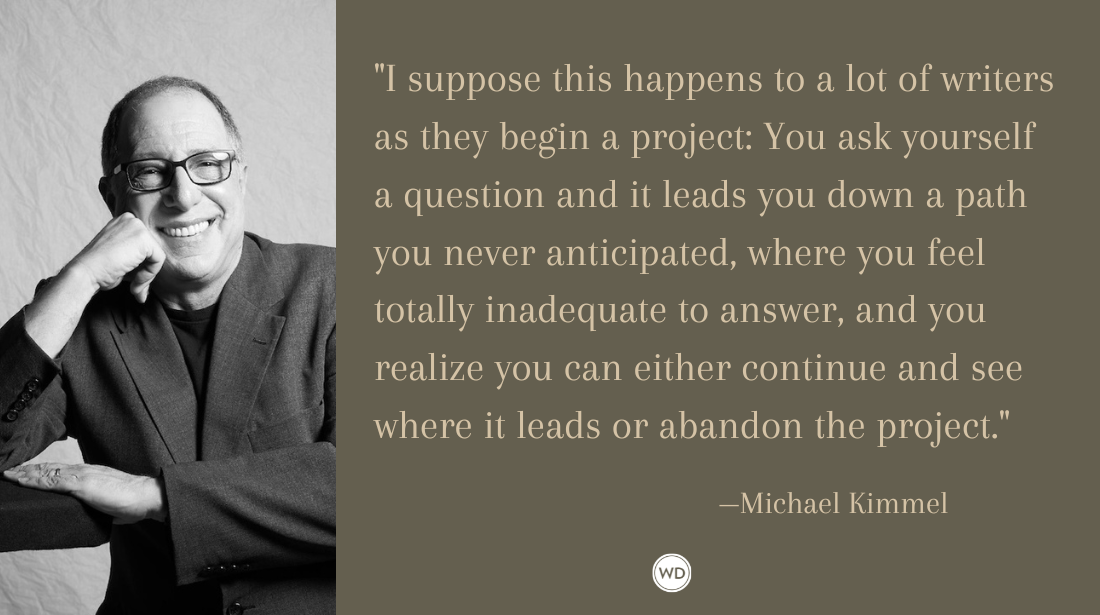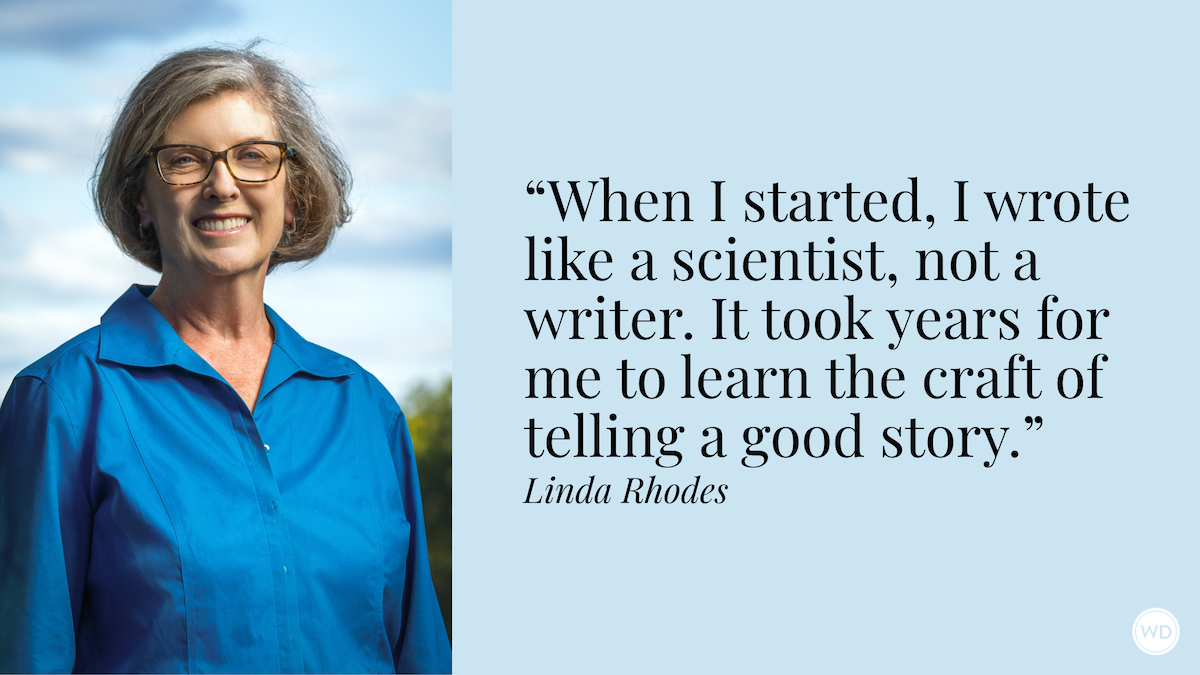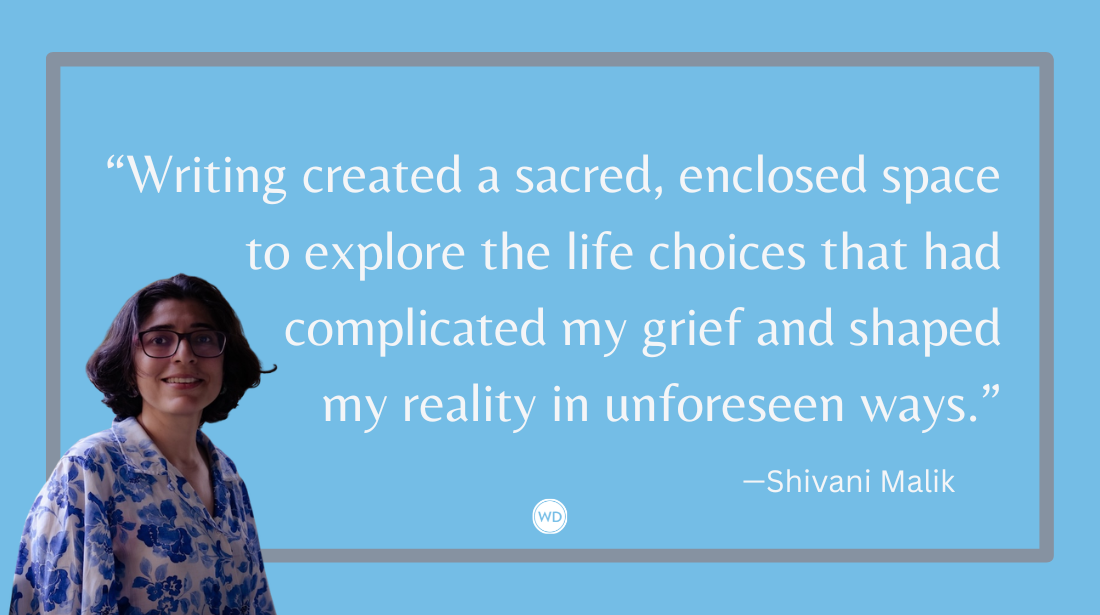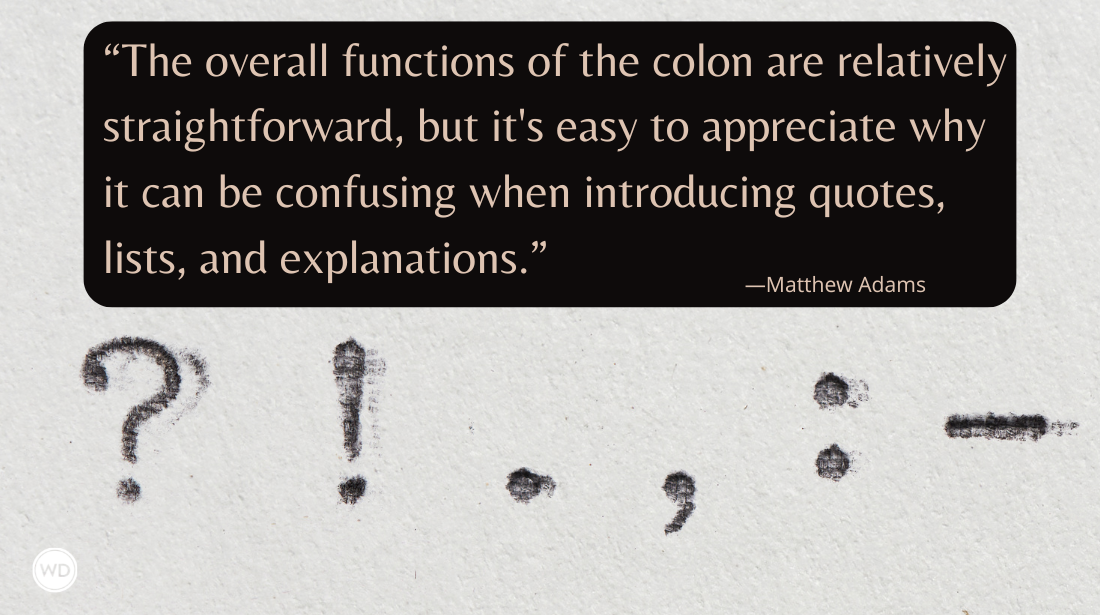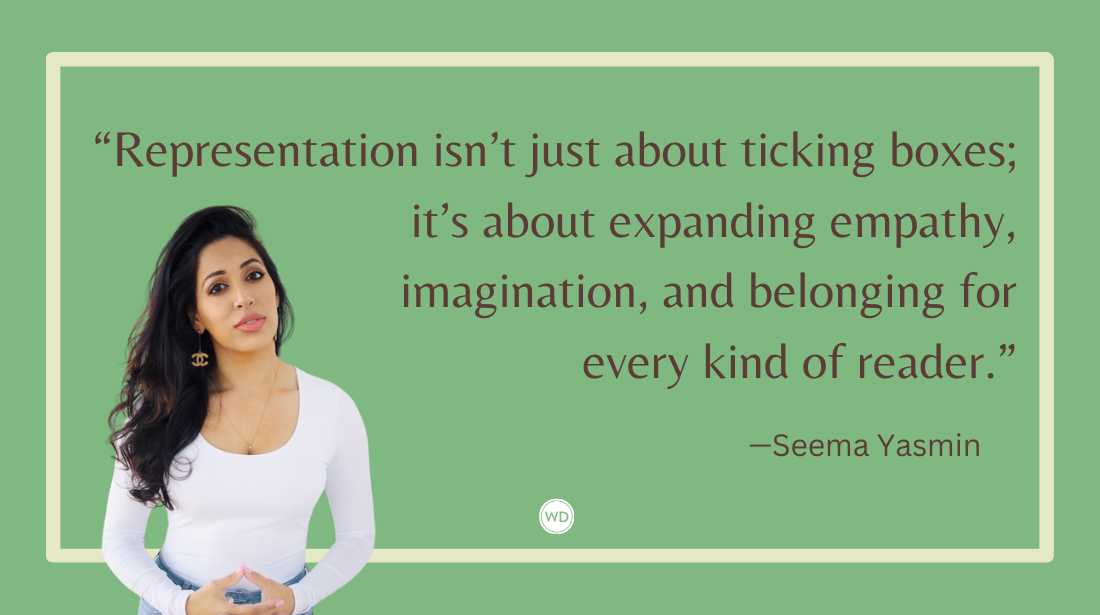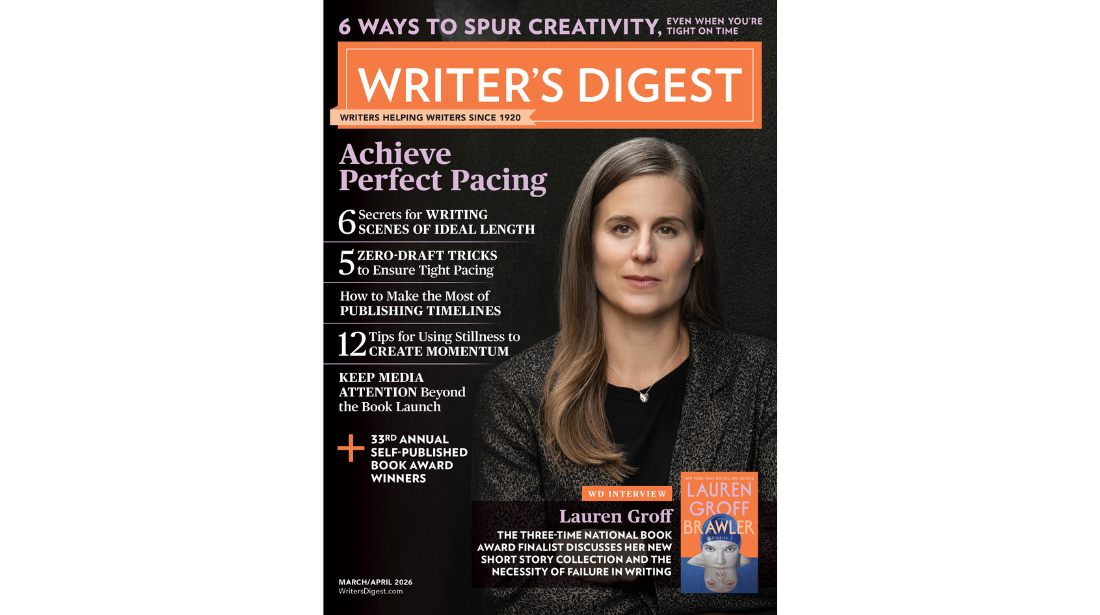The Parent Trap: Writing Responsibly About Your Child
Writer Abby Alten Schwartz explores the complex ethical issues authors face when writing about their children and shares advice from other parent memoirists.
My memoir-in-progress, Hypervigilant: A Memoir of Uncertainty, Intuition, and Hope, is about my transformation from living on constant high alert to trusting my ability to navigate uncertainty, finding beauty and agency in the process. The catalyst: My daughter’s life-threatening illness, cystic fibrosis.
My daughter was an adult when I began writing about her childhood. Though focused on my personal arc, my story overlaps hers—making privacy another issue I’ve had to navigate. She gave me her blessing, and I promised to delete anything that made her uncomfortable.
Writing about your child can be tricky—ethical questions arise with no clear answers. Like, when is a child truly capable of consent? Is a parent naturally entitled to expose details about their child? Where’s the line between authenticity and exploitation?
Yet, our stories are important. Raising a child with a physical or mental illness is often painfully isolating, and parenting memoirs can be a powerful source of solace, offering validation, hope, and a sense of community.
I spoke with seven nonfiction writers whose work examines how they dealt with a child’s illness, disability, addiction, or death. We discussed their approaches to privacy and consent, what drove them to share their stories, and advice they’d give other writers. I’ve edited their responses for clarity and length.
Prioritize Consent
Most of the writers waited years to start their memoirs. By then, their children were grown. They asked for consent (including the use of real names), agreed to change or remove content upon request, and kept their kids’ current lives off limits to protect their privacy as adults.
One exception was Jaclyn Greenberg, who is writing a parenting book about accessibility and has published numerous articles featuring her 12-year-old son, who is disabled and nonverbal. Because he “doesn’t fully understand the implications” of consent, Greenberg consults her husband and oldest child instead.
The writers whose children passed away checked in with the other parent and surviving siblings.
Balance Honesty and Privacy
In her memoir, The Full Catastrophe: All I Ever Wanted, Everything I Feared, Casey Mulligan Walsh included details about her contentious divorce, family divisions, and the sudden loss of her oldest son at age 20. Throughout, she strove to portray her three children as kids caught in a difficult situation, rather than as difficult kids.
“Writing through that lens, I included scenes that illustrated how they were affected by the conflict in our lives and how they behaved in response—sometimes badly—but gave space for their positive qualities and my empathy for them, even in the middle of these scenes. I excluded things they might see as personally embarrassing or would be particularly difficult for them if made public,” she said.
Eileen Vorbach Collins, author of Love in the Archives: A Patchwork of True Stories About Suicide Loss, a memoir in essays about losing her 15-year-old daughter, said, “Although I wrote about my daughter after her death, I was still aware of privacy issues and considered how she might feel about what I was disclosing. Though I couldn’t ask her permission, I tried not to write something she’d have been uncomfortable sharing.”
Go Where Your Story Leads You
As is often the reason for writing memoir, these writers originally hoped to make sense of what happened—or as Jessica Fein, author of Breath Taking: A Memoir of Family, Dreams, and Broken Genes, said, “to get some control of the narrative in a world that was upside down.” Fein’s daughter, Dalia, was diagnosed with a rare degenerative disease that ended her life at age 17.
By staying open to—and exploring—the deeper narrative themes revealed during the process of writing, each author transcended their child’s story to create a work with emotional resonance and broader appeal.
Ann Batchelder wrote her memoir, Craving Spring: A Mother’s Quest, a Daughter’s Depression, and the Greek Myth That Brought Them Together, to figure out when and how her daughter’s struggles began.
“Halfway through writing the book, I realized: This isn’t about her, it’s about me,” she said. “That changed everything—the focus, the intent, the need to be more open and honest about my reactions to her depression and addictions.”
Mulligan Walsh said, “I set out writing what I thought was a story of relentless resilience in the wake of repeated loss. The thread that tied it all together was the search for belonging.”
Be Authentic
As parents, the instinct to protect our children can test our writerly responsibility to the truth.
When writing her memoir, Growth: A Mother, Her Son, and the Brain Tumor They Survived, Karen DeBonis had to overcome fears that her son “would realize how I’d failed him and hate me.” Recognizing the value of authenticity, she owned how her people-pleasing nature contributed to her son’s delayed diagnosis.
“I knew others, women especially, would see themselves in my story and hopefully not make the same mistake I did in stifling my voice,” DeBonis said.
Batchelder added, “As mothers, we all want to paint ourselves in the best light. But when you dig down and you’re honest about some of your motivations or your anger or frustration—as well as your love for your child—you create a character in your book that’s much more relatable.”
Remember Why You’re Writing
Alicia Garceau is writing a memoir about her daughter’s mysterious illness and her family’s two-year search for answers. “When I approached my daughter about writing the memoir, I explained why I wanted to do it, but gave her the final say. She was ultimately diagnosed because of another memoir, Brain on Fire by Susannah Cahalan, so she expressed a desire to ‘pay it forward’ and hopefully help others,” she said.
After publishing a long-form essay about her experience, Garceau received emails from parents in the U.S. and abroad thanking her for writing it. “Being able to make people feel less alone in whatever they’re going through encourages me to keep writing,” she said.
Fein echoed a similar response to her memoir: “I’ve heard from other parents that they feel less alone when reading my story; that they’ve gained new perspective.”
Writing and publishing their stories also allowed the writers to feel less alone and better understood. The act of re-examining painful events through a literary lens helped them uncover new layers of meaning and continue moving forward.
Greenberg said, “I initially started writing because I felt like my son and I were both isolated from friends, family, and the community because of his disabilities and my caregiving responsibilities. Sharing breaks down those barriers and brings people into my world in a positive way.”
As Batchelder said, “When we share our stories, we heal ourselves as well as others.”
Central to Batchelder’s healing was knowing that her daughter approved of her memoir. “She has often told me she’s proud of me for writing it. She said it helped some of her friends understand their mothers.” It helped her daughter understand Batchelder, too.
“I was nervous when I first gave her my manuscript to read—some of it was hard for her to read, and we both cried. But after she finished, she looked up and said, ‘This is a love letter to me, isn’t it?’”




